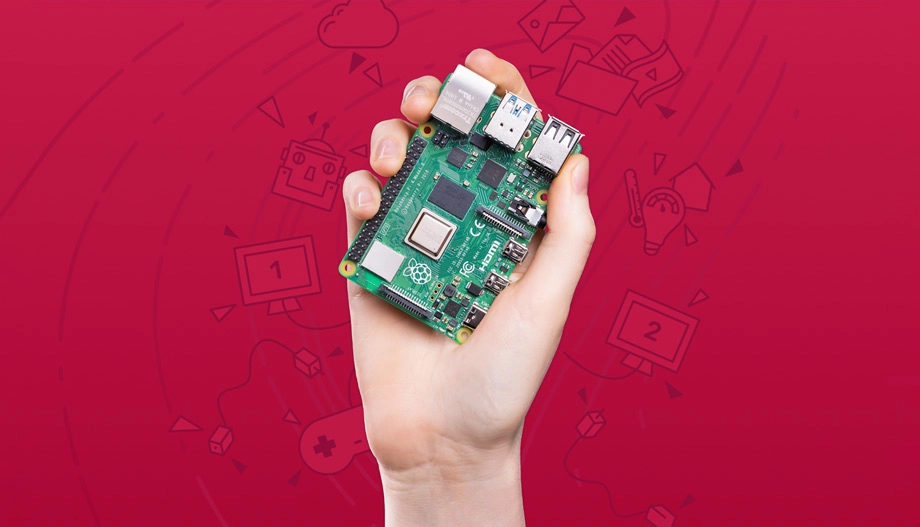Low-cost mini PCs and single-board computers (SBCs) like the Raspberry Pi have been popular among Linux users due to their affordability. However, a recent change in US tariffs could significantly increase prices for these devices, affecting not only American buyers but also consumers worldwide.
An executive order signed by President Trump on July 25, 2025, eliminates the de minimis tariff exemption, which previously allowed goods valued at $800 or less to enter the US without incurring tariffs. This change, effective August 29, introduces additional costs ranging from $80 to $200, depending on the country of origin. Countries with tariff rates below 16% will face an $80 duty, while those above 25% will incur a $200 fee.
For instance, devices such as the Radxa X4, an Intel N100 SBC priced at $60, could see their prices more than doubled in the US. The implications extend beyond SBCs, impacting a variety of Linux-compatible hardware, including mini-PCs and peripherals.
The scale of this issue is substantial, with data indicating that 90% of cargo entering the US last year utilized the de minimis exemption. A sizable portion of these shipments originated from China.
Moreover, the impact isn’t limited to US buyers. When companies increase prices for goods sold in the US, they often adjust prices in other markets to compensate. This phenomenon was observed recently with the Nintendo Switch 2.
While personal items brought back to the US from overseas travel will remain unaffected (for items valued up to $200), the revised tariffs signal a shift that could alter the landscape of affordable computing in the long term. If manufacturers choose to transfer these costs to consumers, budget-conscious buyers may need to rethink their plans for low-cost tech, ultimately affecting the growth and adoption of Linux on new devices.
For more information, you can read the official White House fact sheet.
